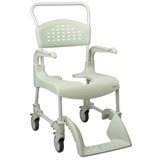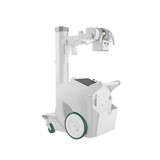While there's something charmingly old-fashioned about the idea of a doctor making house calls, these days, medical dispatch services in Los Angeles, New York, Atlanta, and more might use Uber-like businesses to get to a patient's door, and their laptop or smartphone to relay information and draft a treatment plan.
Though most of these companies don't accept insurance, the program can be cost-effective for those with high-stress jobs and limited flex time, or poor transportation options. In Minneapolis, RetraceHealth enables a nurse practitioner to consult with a patient for a mere $50; if hands-on care is required, a house call is $150.
This latest trend seems to be coming along at just the right time to take advantage of the booming "sharing economy," whereby technology hooks consumers wanting on-demand services up with providers with extra capacity. Nurses and doctors eager to make off-hours money are eager for the work, and medical equipment gets more portable each year. Though the companies carry malpractice insurance, innovation helps keep overhead low.
All this has attracted the attention of hospital systems looking to cut their unnecessary ER visit rate, and reduce readmissions. In Colorado, Centura Health is pairing up with True North Health Navigation, a Denver-based company offering on-site care to 911 callers. The hospital has already been using the system for years to reduce ambulance rides in 911 situations; now, it plans to offer home care like this to its own employees and other patients.
While some have raised concerns over the lack of sanitary oversight in a home setting, doctors and nurses who work shifts for these startups celebrate their freedom from bureaucracy. "I love my shifts—it's back to real medicine, just you and the patient," says Kimberly Henderson, an ER physician at Beth Israel Hospital in New York who currently works for Pager one to two days a week. Still, the greatest benefits by far seem to be realized by the patients, especially older patients.
In Denver, Caren Misky, a nurse practitioner with True North Health Navigation, says she recently attended a distress call where a man with Alzheimer's had cut his head. She was able to treat his wound at the kitchen table, sparing the family a lot of stress. "His wife said the last time that happened, they spent eight hours in the ER and had a $10,000 bill," said Misky.
While plans have yet to be announced for a similar service in Australia, in areas with a high population density it could provide an efficient, cost-effective way to get medical services to people who need them.

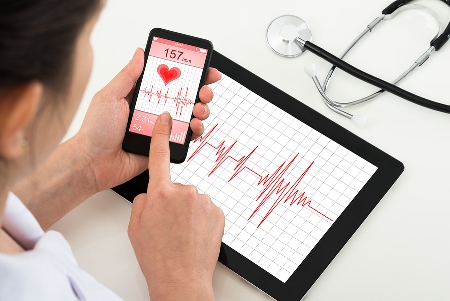
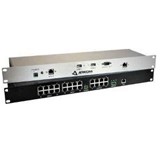



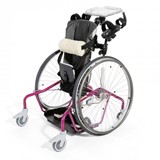
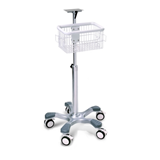
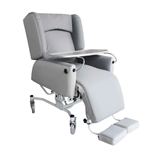
-160x160-state_article-rel-cat.png)
